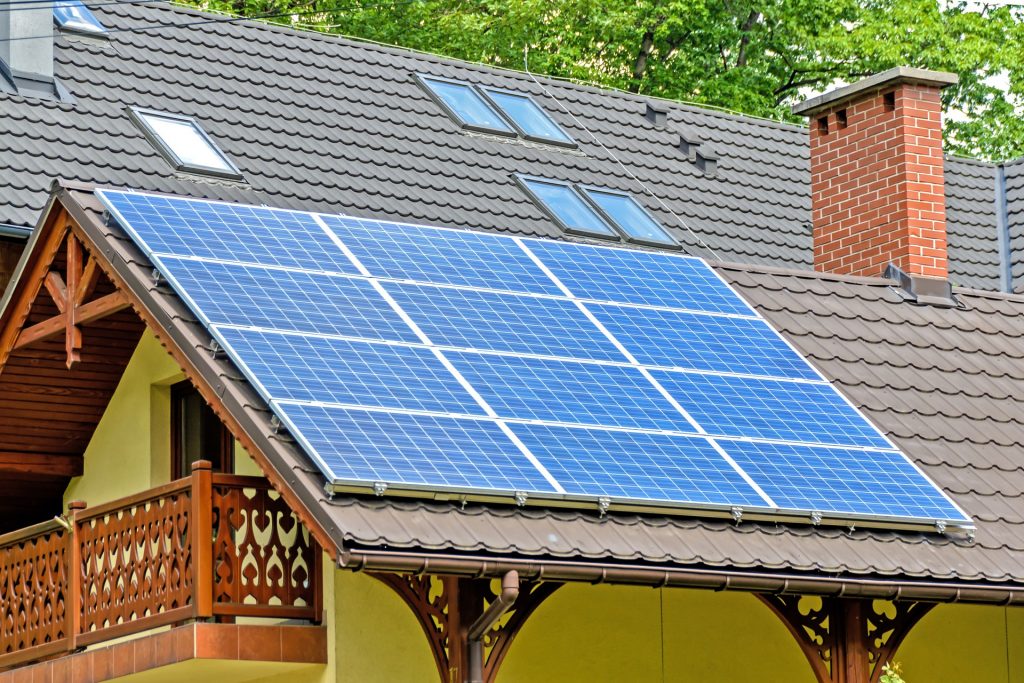Solar panels, also referred to as photovoltaic (PV) modules, capture sunlight and convert it into clean renewable energy that can be used for electrical applications.
Installing solar panels can be a great way to save money on your monthly utility bills and help reduce your carbon footprint.
Energy independence
If you’re looking to save money on energy bills or simply want to help the environment, solar panels are an excellent way to reduce your home’s utility expenses in half. But in order to truly achieve energy independence, a backup system must be put in place that stores any excess power generated by the panels.
Energy storage systems (ESSs) can help with this. These battery-operated units store the electricity that your panels generate during a blackout and use it when you need it most.
Furthermore, ESS are beneficial during extreme weather conditions as they store energy in case the grid goes down. As people strive to become more energy independent, especially in areas with frequent blackouts, these systems are becoming increasingly popular.
Solar is not the sole solution to America’s energy woes, but it is an encouraging step in the right direction. Not only does it reduce energy imports and emissions, but it also provides utility grid stability and dependability that was previously lacking.
Reduced utility bills
One of the greatest advantages of solar panels is that they can significantly reduce your energy bills. Unlike fossil fuels, electricity generated from solar is free and can either be consumed right away or stored in a battery for future use.
However, the cost of grid electricity remains much higher than that from solar, and is expected to keep rising in the coming years. To offset this, many homeowners are opting for Time-of-Use (TOU) rates which reduce utility rate charges during peak times while eliminating them entirely during nonpeak hours.
It’s essential to remember that your savings will compound over time. Additionally, depending on your system, you may receive net metering credits which can offset some of the expenses incurred.
Enhanced home value
Installing solar panels not only reduces your energy expenses and emissions, but it also makes your home more eco-friendly and increases its property value.
According to NREL, your home’s value will increase by $20 for every $1 saved from installing solar power.
A study conducted recently revealed that homes with solar panels sold faster than similar-sized houses without them.
It’s essential to note that solar-powered features in a home may add value, but only if they are installed and maintained correctly. Otherwise, their presence might not be noticed much when selling the home.
Reduced carbon footprint
If you’re trying to reduce your carbon footprint, solar power is an ideal starting point. It has a significantly lower environmental impact than many other energy sources such as coal and gas, making it the greener choice.
Solar panels have a much lower carbon footprint than fossil fuels due to their renewable nature and lack of combustion during production.
However, it’s essential to remember that solar panels have a carbon footprint just like anything else manufactured.
Furthermore, manufacturing and transporting solar panels involves numerous environmental considerations, such as mining minerals to make them.
All of these elements can have an immense effect on a product’s carbon footprint, but the good news is that it’s usually offset by the amount of clean energy generated by solar panels.
